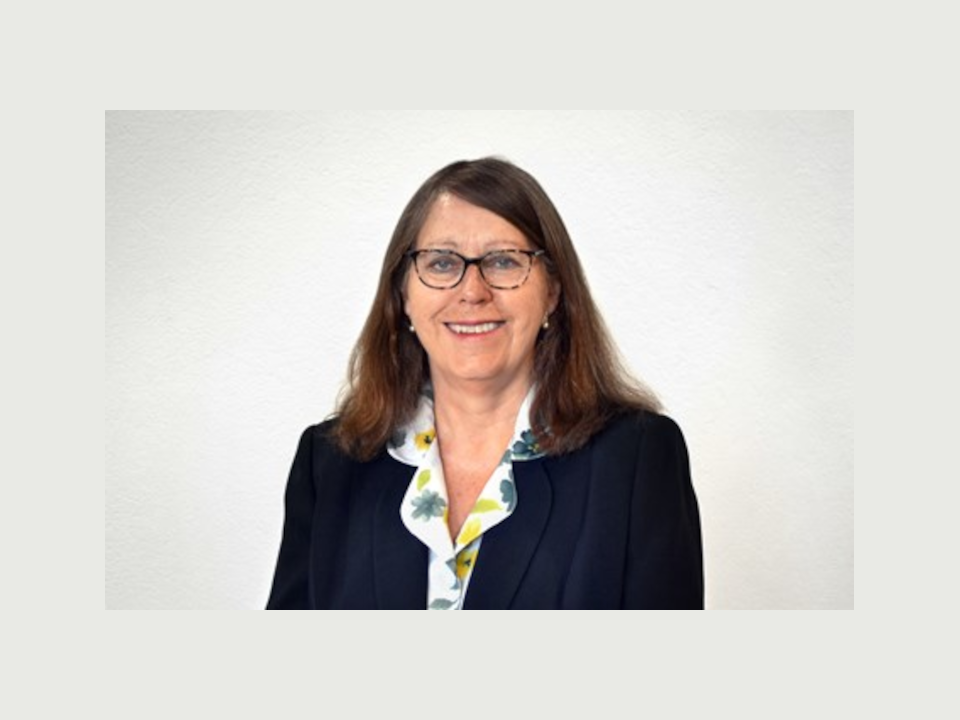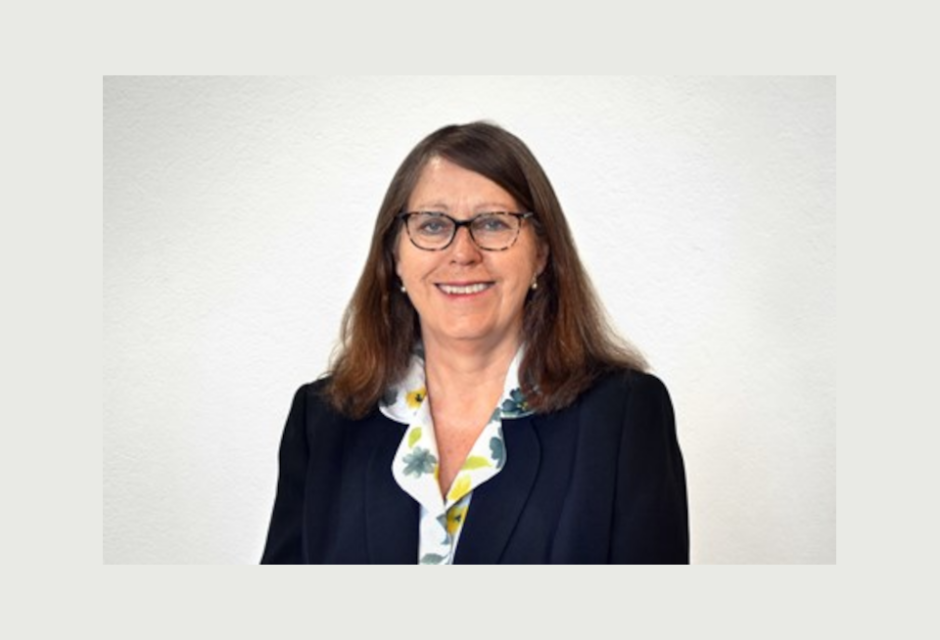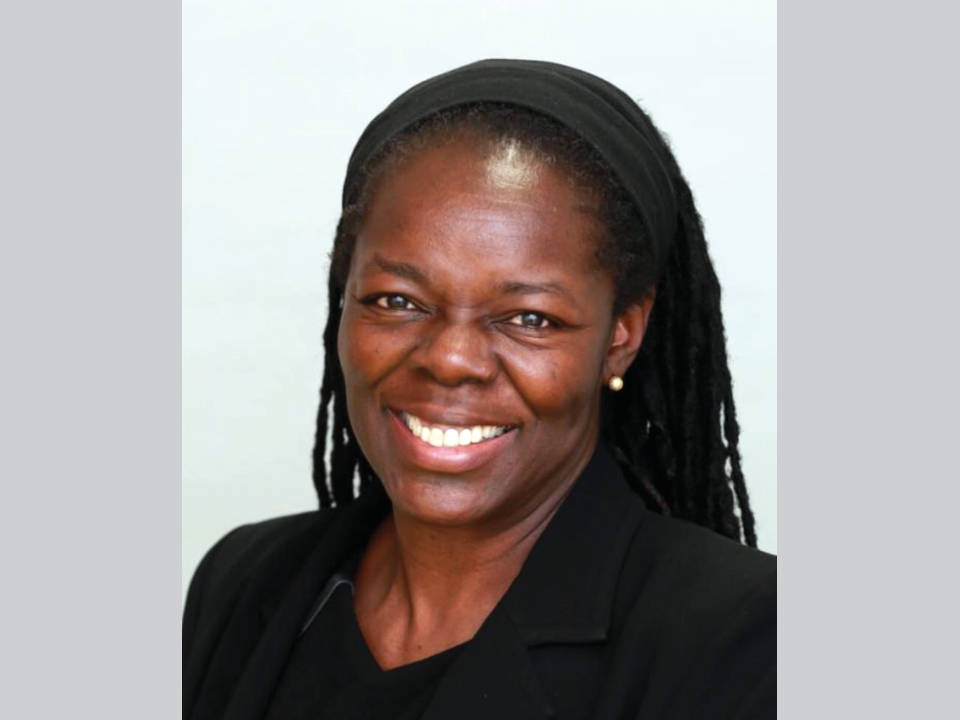
Edwina Grant
Chair of the ADCS Associates Network
In my role as Chair of the ADCS Associates Network, I recently chaired a discussion on the implications of the new report on working age adults published by the County Councils Network and Newton, The forgotten story of social care: The case for improving outcomes for working age and lifelong disabled adults.
The report focuses on outcomes for working age and lifelong disabled adults. Although focused on adults, the report also explores the expected volume, timing, and potential cost of increasing transitions of younger adults from children’s services over the next 10 years.
I was interested to hear about the disparity in outcomes between disabled adults and their non-disabled peers, despite the cost of provision. Spend on this group of clients accounted for 63% of the net adult social care commissioned spend in England in the financial year 2022/23, a figure of £10.1 billion, and growing fast.
Unsurprisingly, both inflation and the welcome rise in the minimum wage have had an impact but the increase in average level of support per person is higher for working age and lifelong disabled adults than for our older adults. This will be a challenge for all our councils.
So, the report’s recommendation that the current delivery model for working age and lifelong disabled adults is out of date and needs redesigning, is important. I was pleased to read the finding that the future social model of care and support should be more strengths-based and the role of local partners be prioritised, maximising individuals’ independence.
This thinking fits exactly with my own work with the Hertfordshire Family Safeguarding team for families who need support with their children and young people. It also underpins the DfE reform programmes for children’s social care and SEND. After this stimulating debate about support for working age adults, I was wondering if I really understood how to describe a multi-disciplinary, partner-supported, individual support programme for young adults that was strength based. An internet search gave me the Social Care Institute for Excellence’s definition of ‘strength based’:
'Focus on individual’s strength and social and community network and not their deficits.'
What a wonderful phrase to live by, and for me, the community network part of the definition is key for our work with, and aspirations for, young adults.





